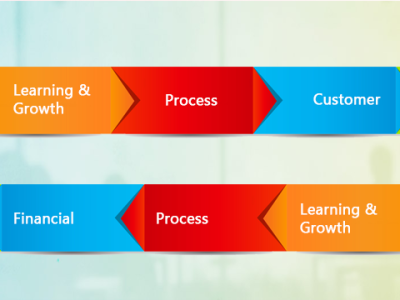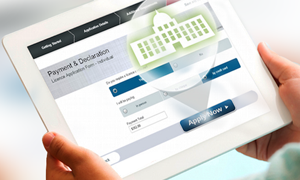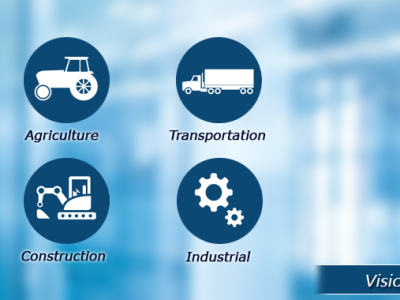
CRM Public Sector Challenges & Solutions
CRM in online government, or e-government, concentrates on the needs of people who use government services and turns CRM into “Citizen Relationship Management.”
Sign up to get FREE CRM Trial
With online services, public entities are offering their “customers” a host of online options, including allowing users to:
- Pay property, state, and local taxes.
- Manage individual personal profiles that contain user-specific information, such as the status of an accident report.
- Pay for utilities and other services.
- Register complaints.

Interest in CRM Public Sector is high, but the adoption by e-government organizations is slow.
Government CRM differs from its commercial counterpart in that e-government must meet the needs of the general public. The CRM Public Sector doesn’t have the luxury of focusing its efforts on its favorite customers.
There are early adopters within even small-town governments where you have people who are just more savvy, and they want it automated online.
One key function of CRM is to collect customer data, yet this process can present security hazards when used with e-government.
“The process for any bit of data you have is to figure out what can be presented publicly and what you have to have a high level of security on and a low level of security on.
IT managers who follow e-government projects can learn how to improve their own CRM projects.
- Government agencies usually work with strict technology budgets. So managers operating on a tight budget can look to government to find cost-effective CRM solutions.
- E-government demands 24/7 customer service availability. Managers in the private sector can follow which CRM solutions government entities are using.
- E-government has witnessed the pitfalls of online business. Managers just starting CRM projects can follow their lead to avoid previous online mistakes.

To find out more about CRM Public Sector, click here![]() to conduct a free call.
to conduct a free call.



